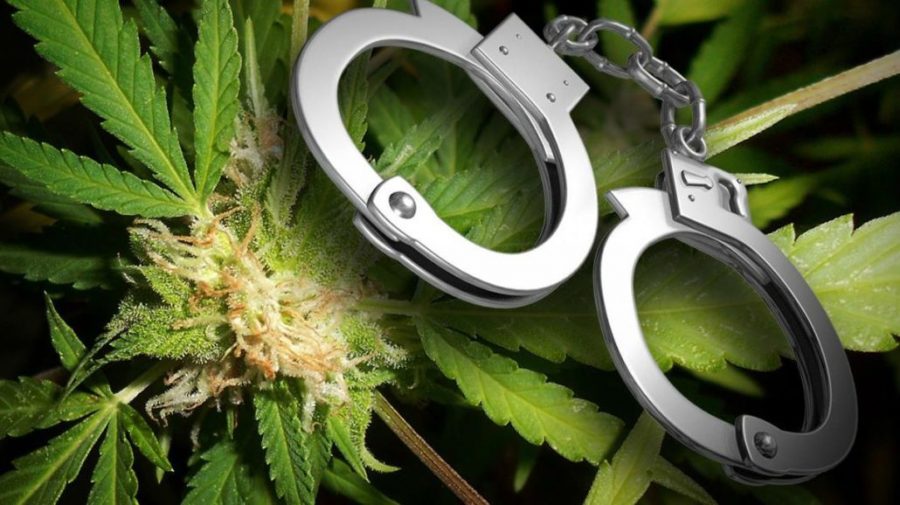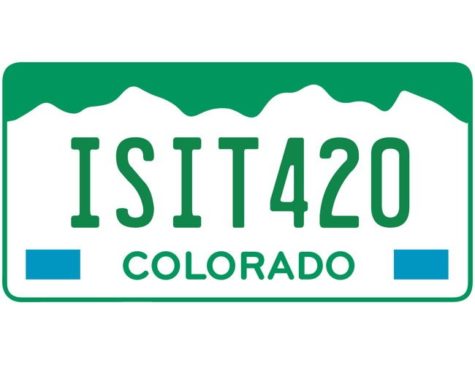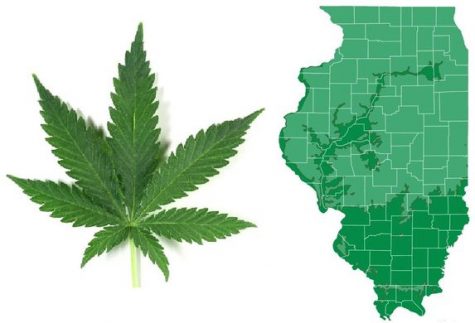Victims of the drug war in Massachusetts will be encouraged to sell legal weed
Qualifying applicants will be privileged with technical assistance and training in various areas of the cannabis industry

Massachusetts is paving the way for people who have been victimized by the drug war by providing them with job opportunities in the thriving legal cannabis industry.
Individuals residing in communities that have been unfairly targeted for drug enforcement will now be able to get involved in the burgeoning industry, which has spread like wildfire across a total of 30 U.S. states and Washington D.C.
Cannabis business license applicants who meet specific criteria will be accepted into the Bay State’s social equity program. The idea of the program is to ensure those who have been harmed by drug enforcement can gain simple entry into the industry; a challenge facing people in other U.S. states who have not been able to do so if they lack access to sufficient capital.
Drug policy reform activist is pushing for Massachusetts’ social equity program

Shaleen Title is the policy reform activist in charge of Massachusetts’ social equity program.
She is a longstanding drug policy reform activist who, in addition to four other state regulatory commissioners, was acknowledged by the Bay State’s governor and other elected officials statewide for initiating a cannabis legalization measure that was approved by state voters in 2016.
Her appointment to the commission made history, since Title became the first ever cannabis advocate who campaigned to propel cannabis legalization into motion and was regarded for her efforts in enacting it.
Title serves on the Cannabis Control Commission, which was established no more than a year ago. Since it was founded, the commission has started distributing recreational cannabis dispensary and cultivation licenses. In the very near future, the commission will effectively oversee the current medical cannabis industry in Massachusetts.
Detailed in the ballot measure that put an almighty end to cannabis prohibition in Massachusetts was information commanding officials to take positive strides that would “promote and encourage full participation in the regulated marijuana industry by people from communities that have previously been disproportionately harmed by marijuana prohibition and enforcement.”
People with previous drug convictions can participate in the Massachusetts social equity program
 State residents who have been convicted of drug-related crimes will have the opportunity to participate in Massachusetts’ social equity program, as well as the married partners or children of convicted drug offenders.
State residents who have been convicted of drug-related crimes will have the opportunity to participate in Massachusetts’ social equity program, as well as the married partners or children of convicted drug offenders.
Moreover, the social equity program will be accessible to Bay State residents of “areas of disproportionate impact” and with low incomes.
Qualifying applicants will be privileged with technical assistance and training in various areas of the cannabis industry, including:
- Employee recruitment and management
- Accounting
- Tax compliance
- Raising capital
An independent economic empowerment program was also set in motion that provides people of color with priority application review status to gain employment at cannabis businesses.
At a recent commission meeting, Title discussed her concerns regarding cannabis business license seekers demanding extortionate fees, which she says forges “obstacles to the commission’s mission statement, which is to safely, equitably and productively implement the law.”
“And we already know that when barriers to entry are too high at the local level we end up with a market that is slow to start up and has a striking lack of diversity,” she said.











